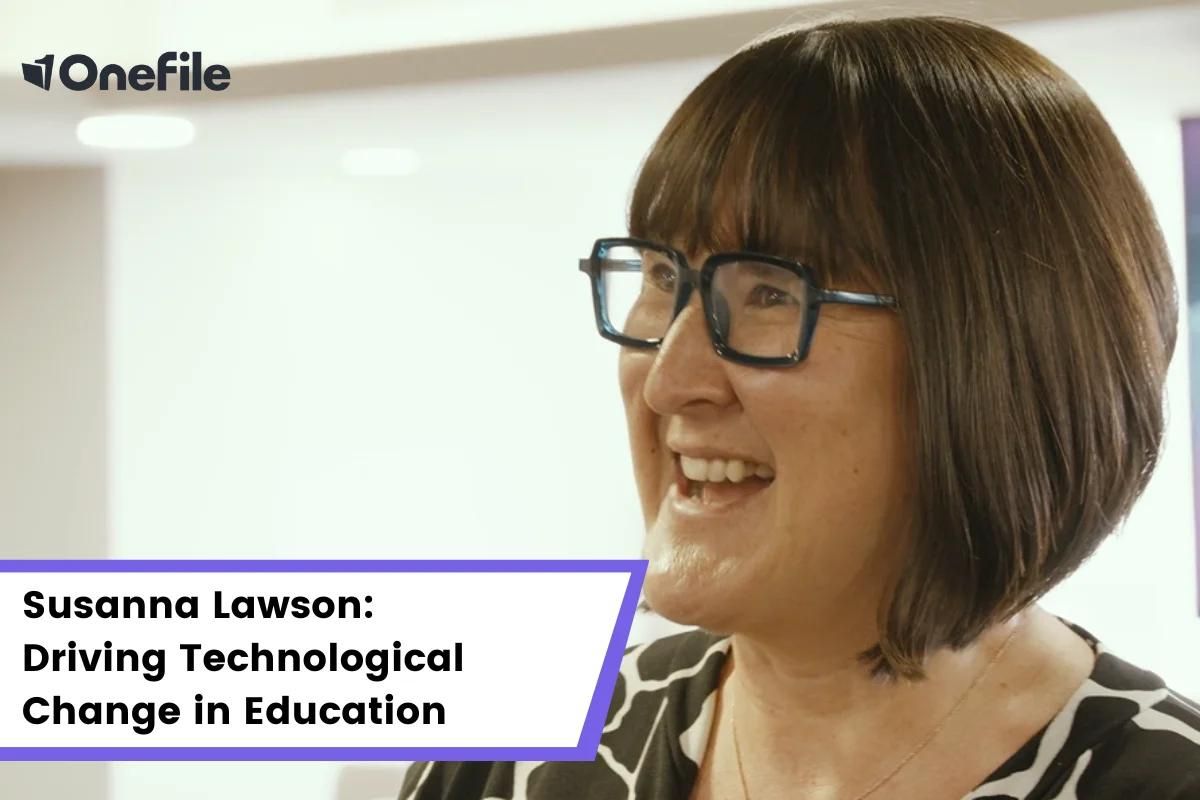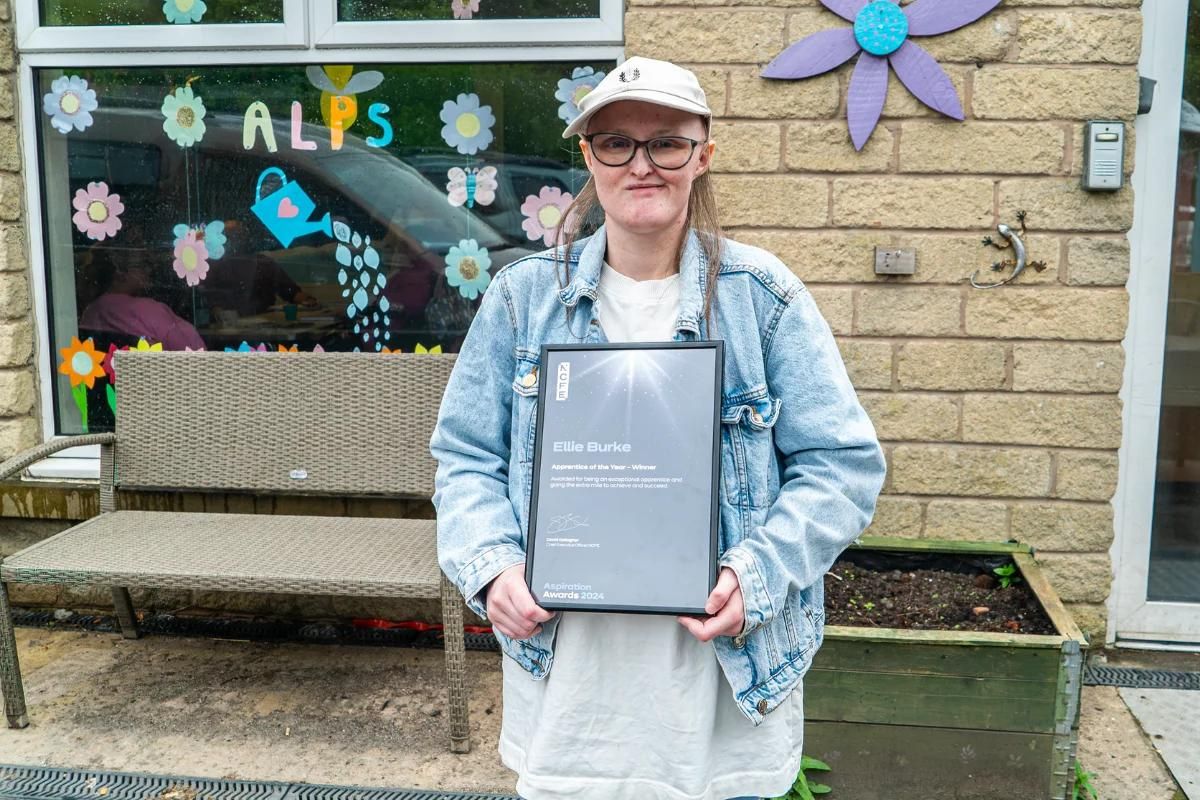Sarah Teather backs unaccredited learning

The Further Education sector has always been something of a Cinderella in the British education system: overlooked by the media and policy makers alike. After ten years in Government, the Leitch review has finally forced Labour to wake up to the UK’s skills shortage, and colleges will rightly play a central role in preparing Britain to compete with emerging economies elsewhere.
But Gordon Brown’s view of Further Education (FE) is as the means to a very specific end: building a workforce that can service the market. The Government must accept that the role of FE goes beyond this narrow, utilitarian definition. Colleges provide opportunities in a huge range of courses, some with more obvious benefits to the economy than others. Those who have long championed the sector understand the value that unaccredited courses add to individual lives, as well as to the community and to British society as a whole.
The Liberal Democrat party conference in Brighton brought together a number of experts and adult learners to talk about these issues. Although all their lives had been changed by education and study, there was no “typical” story. For example, Marcia, now a successful hair dresser, told us how she had initially dropped out of a number of college courses because of struggling to find child care for her young children. Richard, who has a degree in architecture, described how he had gone back to college to retrain as a plumber. And we heard how education has kept Deborah, in her seventies, fit, healthy and active well into her older years.
Perhaps the most moving testimonial came from Peter, an older learner who had spent his whole life barely literate. The tragedy of Peter’s story is that it took a spell in prison, and the complete breakdown of his life, before he was able to recognise the need to retrain. He took the first tentative steps with a poetry course in prison, and then discovered a love of learning which has led to a degree and a published book of short stories. Peter is a real success story, but why should we wait for people to hit rock bottom before we will help them up again? His story begs the questions: how many other bright, passionate people have been lost to the system; how do we find them; and how do we draw them back in? This is the key question if we want to unlock the personal and economic potential of adult learners.
People like Peter often don”t want to go back to learning because bad experiences of school have put them off. Those who struggled at school should not be forced into so called “hard” courses designed solely to meet economic need. We need to coax them back into college through courses and programmes that are less intimidating.
The Government’s sweeping cuts to entry level provision are therefore hugely damaging. For many people, including mothers returning to work, people who have just left prison, or those who are homeless, unaccredited courses are often the main route back into the system. Even for those ready for accredited learning, they may not yet be ready for the level 2 and 3 courses favoured by the Government. It’s ironic that, by setting targets for higher level provision the Government actually make it harder for people to progress to these very courses they hope to encourage.
Meanwhile, the huge shortfall in spending (in the last two years colleges across the UK have seen their adult education budgets cut by an estimated £150million) has forced many institutions to raise their fees, so that a declining number of courses are pushed even further out of the reach of those who most need them.
The people who study at FE colleges are disproportionately from less affluent backgrounds, yet levels of financial support are considerably less generous than those given to students studying at a university. Even at school age, the amount of money provided to teach each college student is around £400 a year lower than for those studying in schools.
Fairer funding should be accompanied by more devolved power to local colleges. Many adult courses have ended specifically because of the way the Government ring fence funds: Liberal Democrats would take a less prescriptive approach, freeing up funding so that colleges could target resources to those areas deemed most appropriate for the local community.
Persuading Brown to invest in adult education probably means attaching crude “pound signs” to the sector. How much money would tax payers save in Incapacity Benefit payments if leisure courses were kept affordable at the local college? How many people could be kept out of hospital if community centres could continue to offer recreation sessions to pensioners? Or how many people could be helped to stay in work longer if they were given access to basic reskilling when they wanted it?
Education should be a personal journey, with clear routes of progression from one level to the next. The college students I meet in my own constituency are often engaging with formal education properly for the first time. We are right to ask FE colleges to help meet the skills gap identified by Leitch. But that means reengaging people previously lost to the system, by recognising that unaccredited courses are a stepping stone, not a soft option.
Sarah Teather is the Liberal Democrat Shadow Secretary of State for Innovations, Universities and Skills
The video that introduced Sarah Teather’s conference session on Adult Education can be viewed at: http://www.youtube.com/watch?v=ZdyXrX2VrWw











Responses